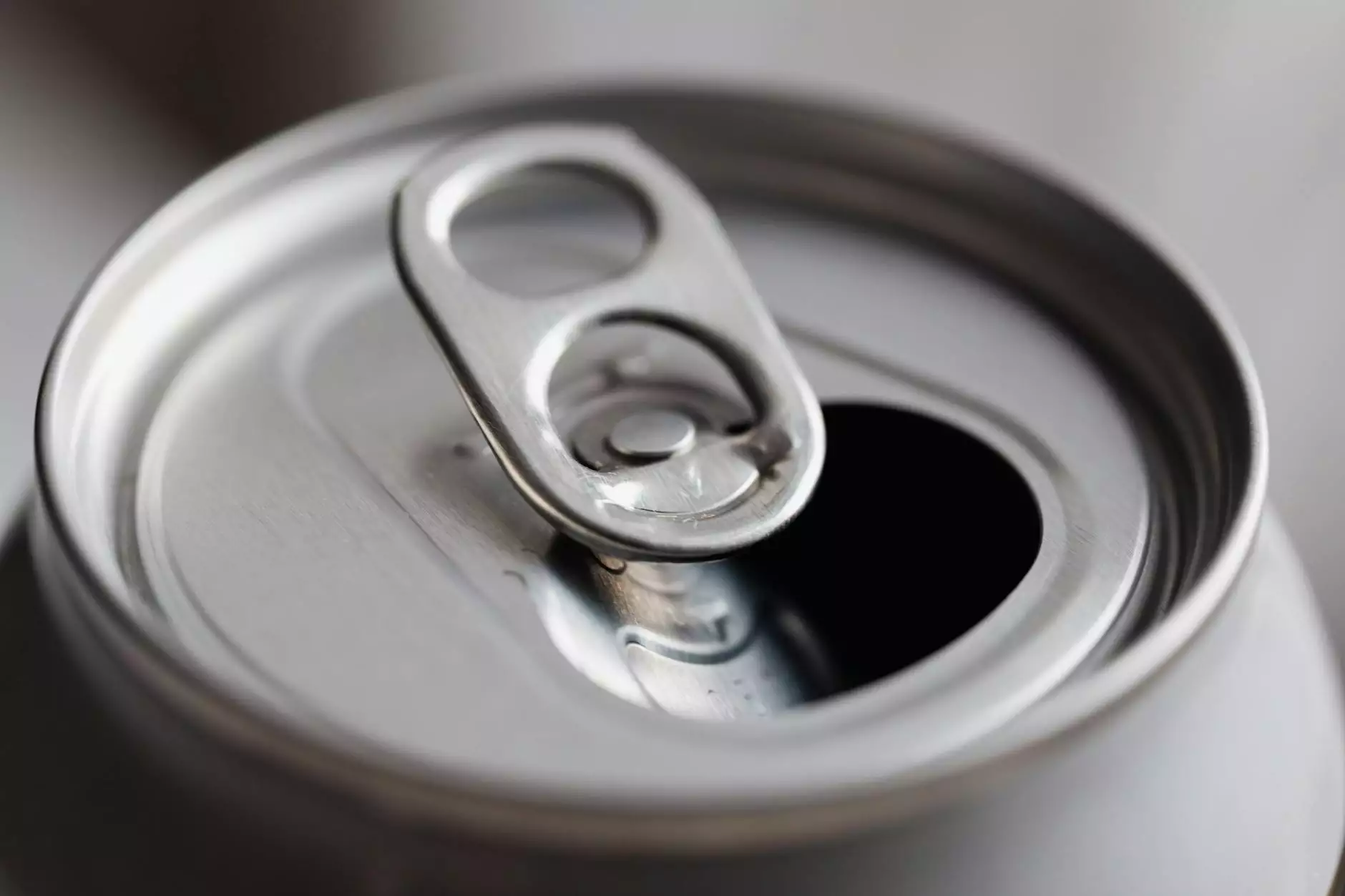Nutrition for Obstacle Course Racing Infographic

Introduction
Welcome to Roxanne Weber, VOA, your go-to resource for all things obstacle course racing (OCR) related. In this comprehensive guide, we will dive deep into the world of nutrition for obstacle course racing and provide you with expert tips and strategies to optimize your performance and endurance as you tackle the challenges of OCR events.
What is Obstacle Course Racing?
Obstacle Course Racing has gained immense popularity in recent years, combining elements of endurance, strength, agility, and mental toughness. Participants navigate through a variety of challenging obstacles, including mud runs, rope climbs, wall jumps, and more. These races test not only athletic ability but also require careful consideration of nutrition to support optimal performance.
Nutrition Strategies for OCR
Proper nutrition plays a crucial role in preparing for OCR events and aiding in recovery afterward. Here are some key strategies to keep in mind:
Eat a Balanced Diet
A well-rounded, balanced diet forms the foundation for any successful OCR training program. Ensure that your meals include a mix of lean proteins, healthy fats, whole grains, and plenty of fruits and vegetables. This will provide the necessary macronutrients and micronutrients needed for energy, endurance, and muscle recovery.
Proper Hydration
Staying hydrated is essential for optimal performance during OCR events. Adequate water intake helps regulate body temperature, transport nutrients, and eliminate waste products. Hydrate well before, during, and after races by drinking water consistently.
Adequate Carbohydrate Intake
Carbohydrates are the primary source of fuel for your muscles during vigorous physical activity. Prioritize complex carbohydrates such as whole grains, sweet potatoes, and legumes to sustain long-lasting energy levels throughout the race. Include carbohydrates in your pre-race meals to top up glycogen stores in your muscles.
Protein for Muscle Recovery
Obstacle course races can be physically demanding, resulting in muscle breakdown. Adequate protein intake is essential for muscle repair and recovery. Include lean protein sources such as chicken, fish, tofu, or beans in your post-race meals or snacks to aid in muscle repair.
Don't Forget Fruits and Vegetables
Fruits and vegetables are rich in vitamins, minerals, and antioxidants that support overall health and aid in recovery. Aim for a variety of colorful produce to ensure you obtain a wide range of nutrients.
Pre-Race Nutrition
Proper nutrition leading up to race day is crucial to ensure you have ample energy and stamina to conquer the obstacles that lie ahead. Here are some guidelines to follow:
Maintain a Calorie Surplus
During intense training and in the days leading up to the race, increase your calorie intake to ensure you are adequately fueled. Consume extra calories from healthy sources to support your increased energy expenditure.
Carbohydrate Loading
In the days leading up to the race, focus on increasing your carbohydrate intake to maximize glycogen stores in your muscles. This can help delay fatigue during the race and improve overall performance.
Keep Hydrated
Stay well-hydrated in the days leading up to the race. Drink water consistently throughout the day and consider incorporating electrolyte-rich beverages to maintain a proper fluid-electrolyte balance.
During the Race
Proper nutrition during the race can help sustain your energy levels and prevent fatigue. Consider the following strategies:
Hydration is Key
Stay hydrated throughout the race by consuming water or sports drinks at designated hydration stations. Be mindful of the race duration and weather conditions, adjusting your fluid intake accordingly.
Consume Quick Energy Sources
During longer races, it may be beneficial to include quick energy sources such as energy gels, sports chews, or bars. These provide easily digestible carbohydrates to fuel your muscles during the race.
Don't Overeat
Avoid consuming large, heavy meals during the race that could cause gastrointestinal discomfort. Stick to smaller, easily digestible snacks to support energy levels without compromising your performance.
Post-Race Recovery
After completing an OCR event, prioritize recovery to optimize muscle repair and replenish nutrient stores. Here are some post-race recovery strategies:
Rehydrate
Replace fluid losses by hydrating with water or electrolyte-rich beverages. Water alone may be sufficient for shorter races, while longer races may benefit from additional electrolyte replenishment.
Refuel with Carbohydrates and Protein
Consume a meal or snack containing carbohydrates and protein within the first hour post-race to kickstart the recovery process. This combination helps replenish glycogen stores and aids in muscle repair.
Eat Antioxidant-Rich Foods
Include foods high in antioxidants, such as berries, dark leafy greens, and nuts, in your post-race meals to support the body's natural recovery process and reduce inflammation.
Rest and Sleep
Allow your body time to rest and recover after the race. Quality sleep plays a crucial role in muscle repair and overall recovery. Aim for at least 7-8 hours of sleep per night.
Conclusion
Optimizing your nutrition for obstacle course racing is vital to ensure peak performance and speed up recovery. By following these expert tips and strategies provided by Roxanne Weber, VOA, you can enhance your endurance, recovery, and overall race experience. Remember to prioritize a balanced diet, proper hydration, and nutrient timing to conquer every obstacle that comes your way. Fuel your body right and prepare to achieve your OCR goals!










